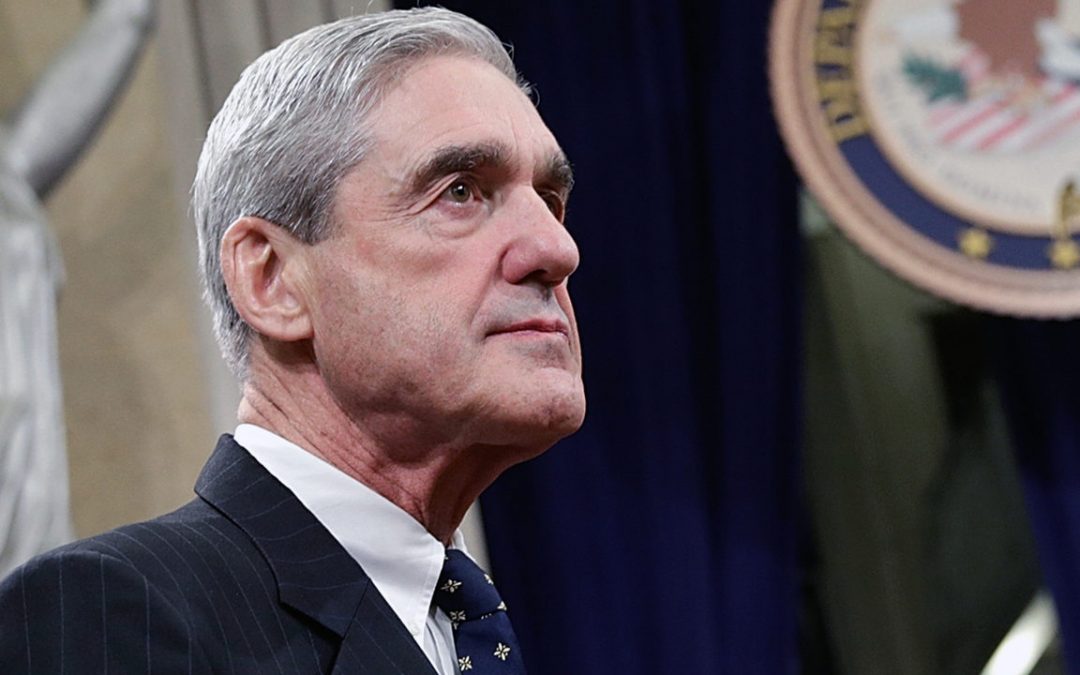Special counsel Robert Mueller has submitted a confidential report to Attorney General William P. Barr, marking the end of his investigation into Russian interference in the 2016 election and possible obstruction of justice by President Trump.
The Justice Department notified Congress late today that it had received Mueller’s report but did not describe its contents.
Barr is expected to summarize the findings for lawmakers in coming days.
The submission of Mueller’s report marks the culmination of his closely held inquiry, a case that has engulfed the Trump administration since its inception and led to multiple guilty pleas from former advisers to the president.
With the closing of his investigation, Congress and the newly empowered Democratic House majority will soon assess his findings – and determine what steps to take next.
Well before its completion, Mueller’s report was a hotly debated issue.
Lawmakers sought to wrest guarantees from the Justice Department that the special counsel would give a complete public accounting of what he found in the two-year inquiry.
According to Justice Department regulations, the special counsel’s report should explain Mueller’s decisions — who was charged, who was investigated but not charged, and why.
Mueller’s work has consumed Washington and at times the country, as the special counsel and his team investigated whether any Trump associates conspired with Russian officials to interfere in the election.
It is unclear how much of what Mueller found will be disclosed in Barr’s summary for Congress.
Congressional Democrats, anticipating an incomplete accounting, have already sent extensive requests to the Justice Department for documents that would spell out what Mueller discovered.
Mueller’s work has led to criminal charges against 34 people, including six former Trump associates and advisers.
Five people close to the president have pleaded guilty: Trump’s former campaign chairman, Paul Manafort; former deputy campaign manager Rick Gates; former national security adviser Michael Flynn; former personal attorney Michael Cohen; and former campaign adviser George Papadopoulos.
A sixth, Trump’s longtime friend Roger Stone, was indicted in January and accused of lying to Congress. He has pleaded not guilty.
More than two dozen of the people charged by Mueller are Russians, and because the United States does not have an extradition treaty with Russia, they are unlikely ever to see the inside of a U.S. courtroom.
